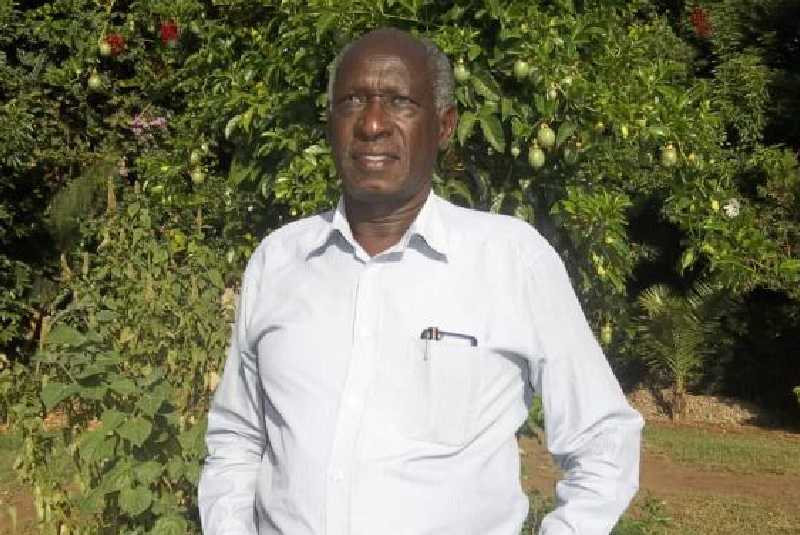×
The Standard e-Paper
Stay Informed, Even Offline

Retired university lecturer Bernard Kipkemoi who recovered from colon cancer. [Photo, Courtesy]
Bernard Kipkemoi, PhD [Soil Science (Soil Fertility Management)], a Retired University Lecturer.